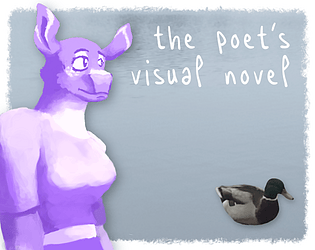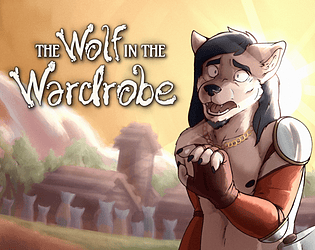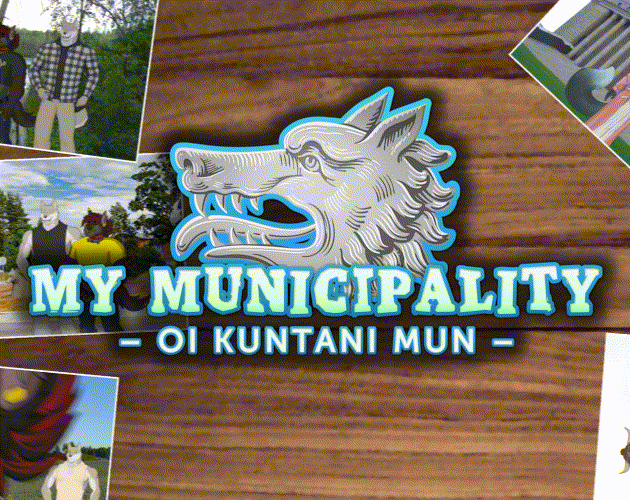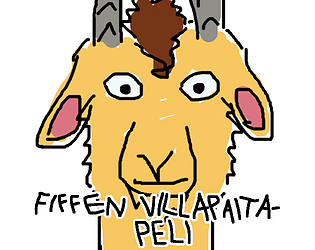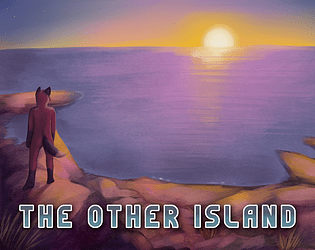It's fine; short and sweet. The stylized art direction does work, and there is a lot of nice sound design as well. Polish-wise, I'm not sure if I like the use of slow transitions – I guess they feel a bit dramatic when there's nothing shocking happening in the story and the prose is so matter-of-fact. Reserving them for important moments would make more sense, I think.
Structurally, I'm not sure how well the supernatural (?) stuff really connects. We start the story with a lot of open introspection, then a spooky thing with the TV happens, leading into... more open introspection. I was kind of left wanting for some kind of more concrete narrative arc, with the shifts in tone & genre amounting to something other than just being devices for self-reflection. That being said, there are good moments throughout.


